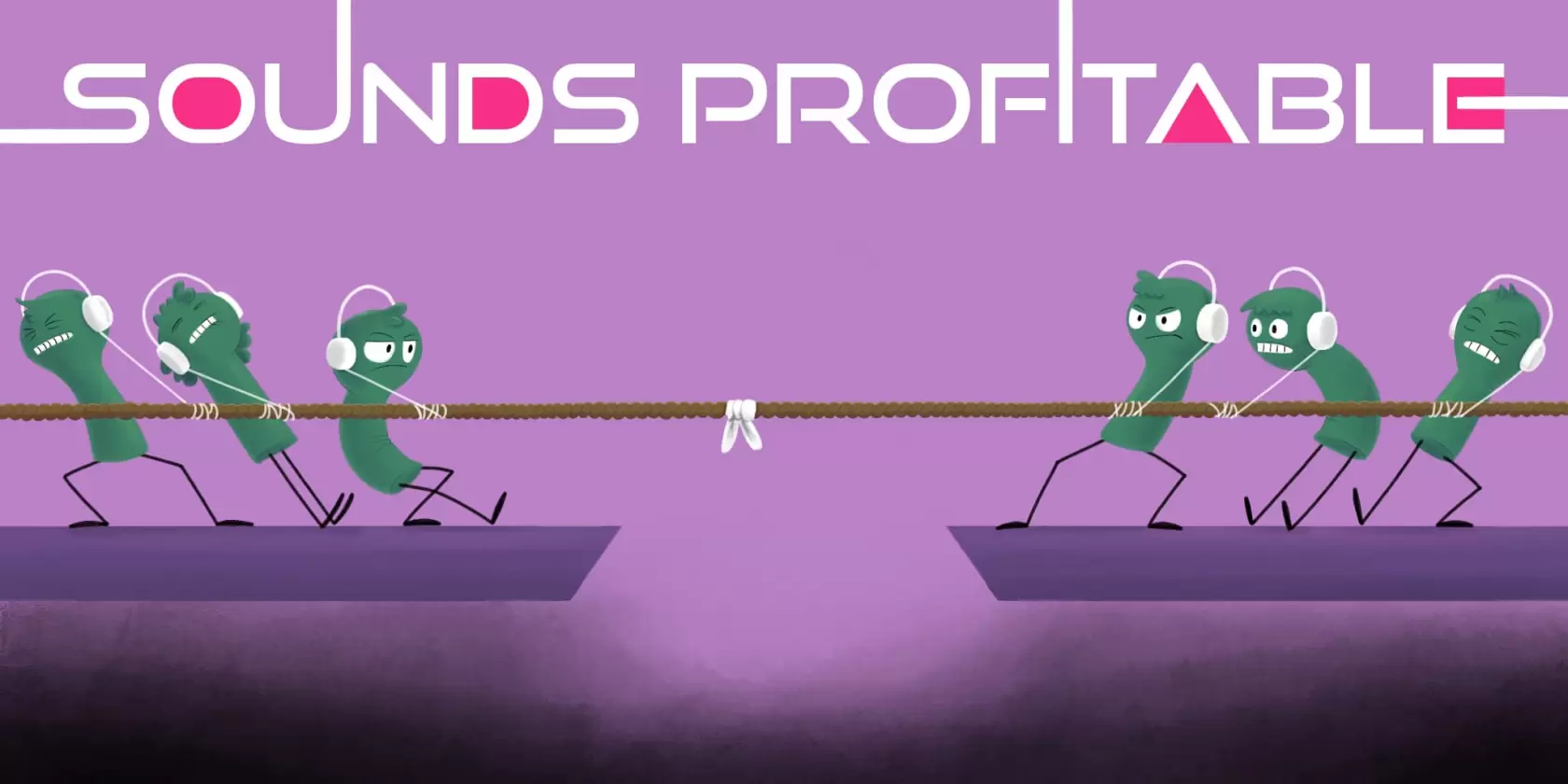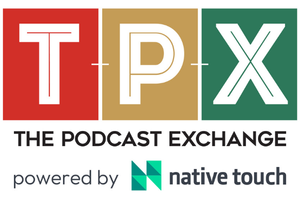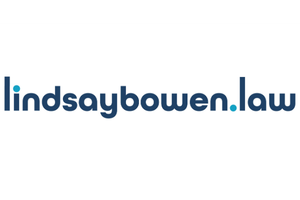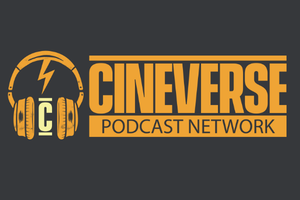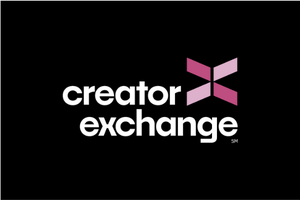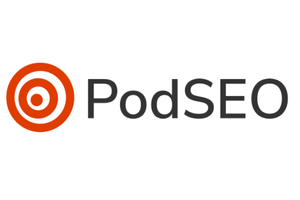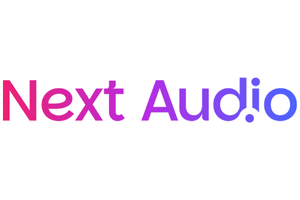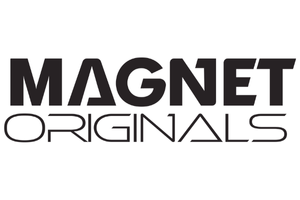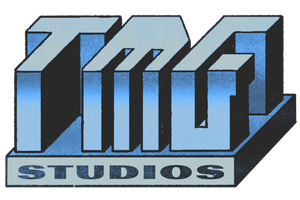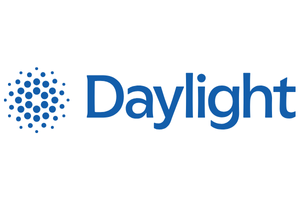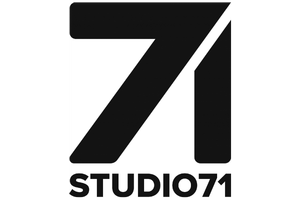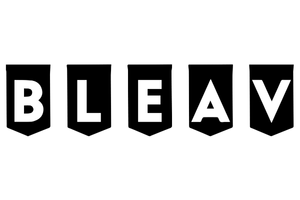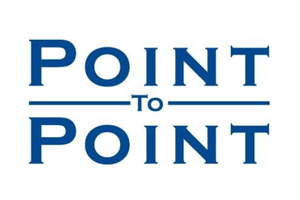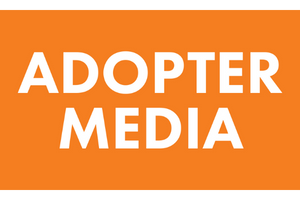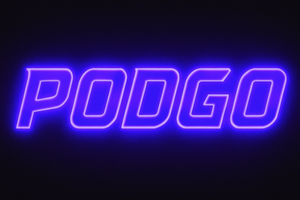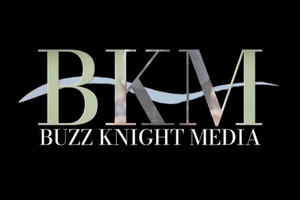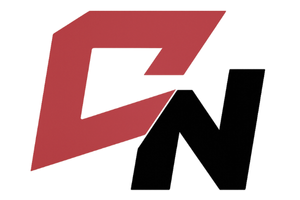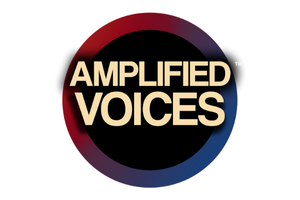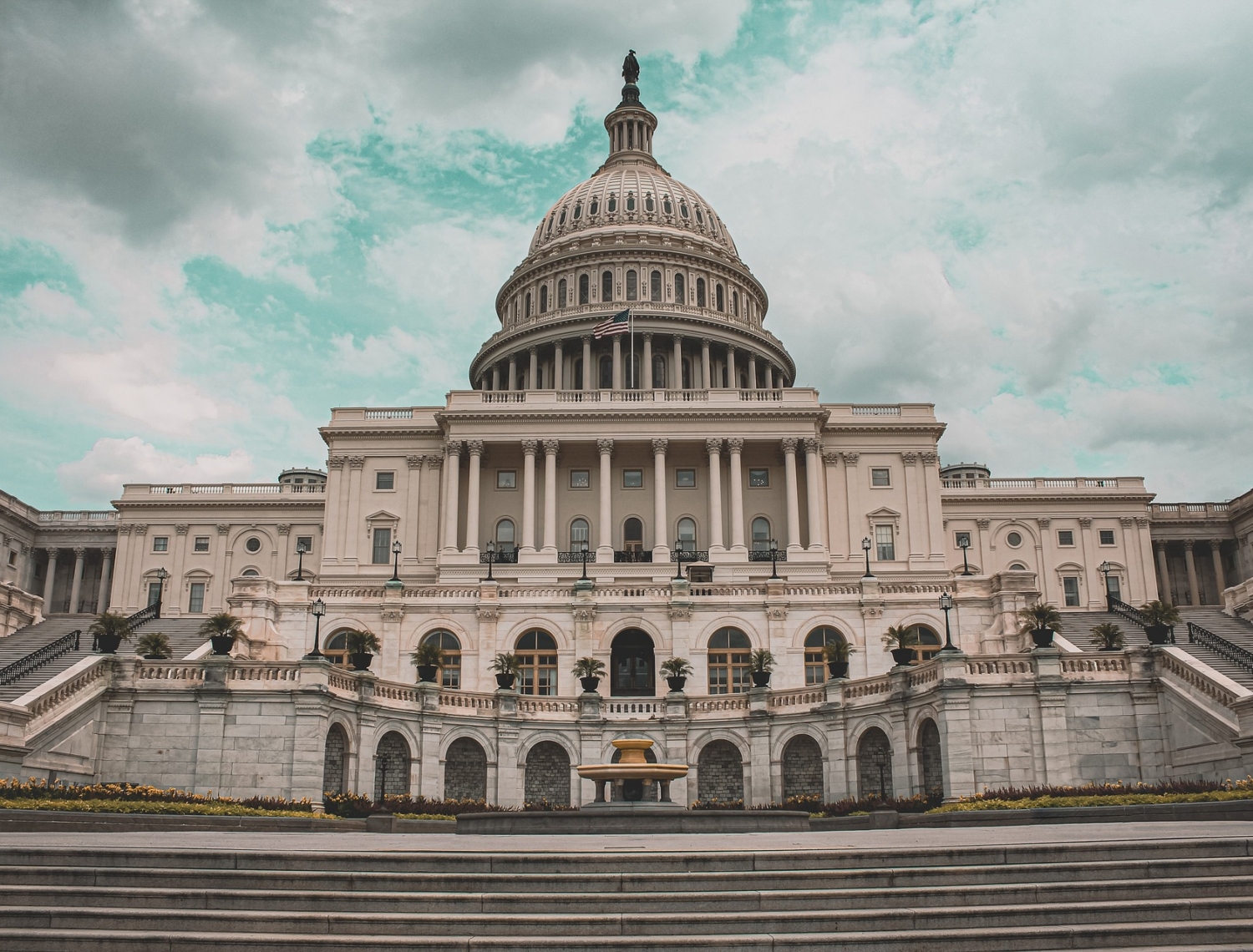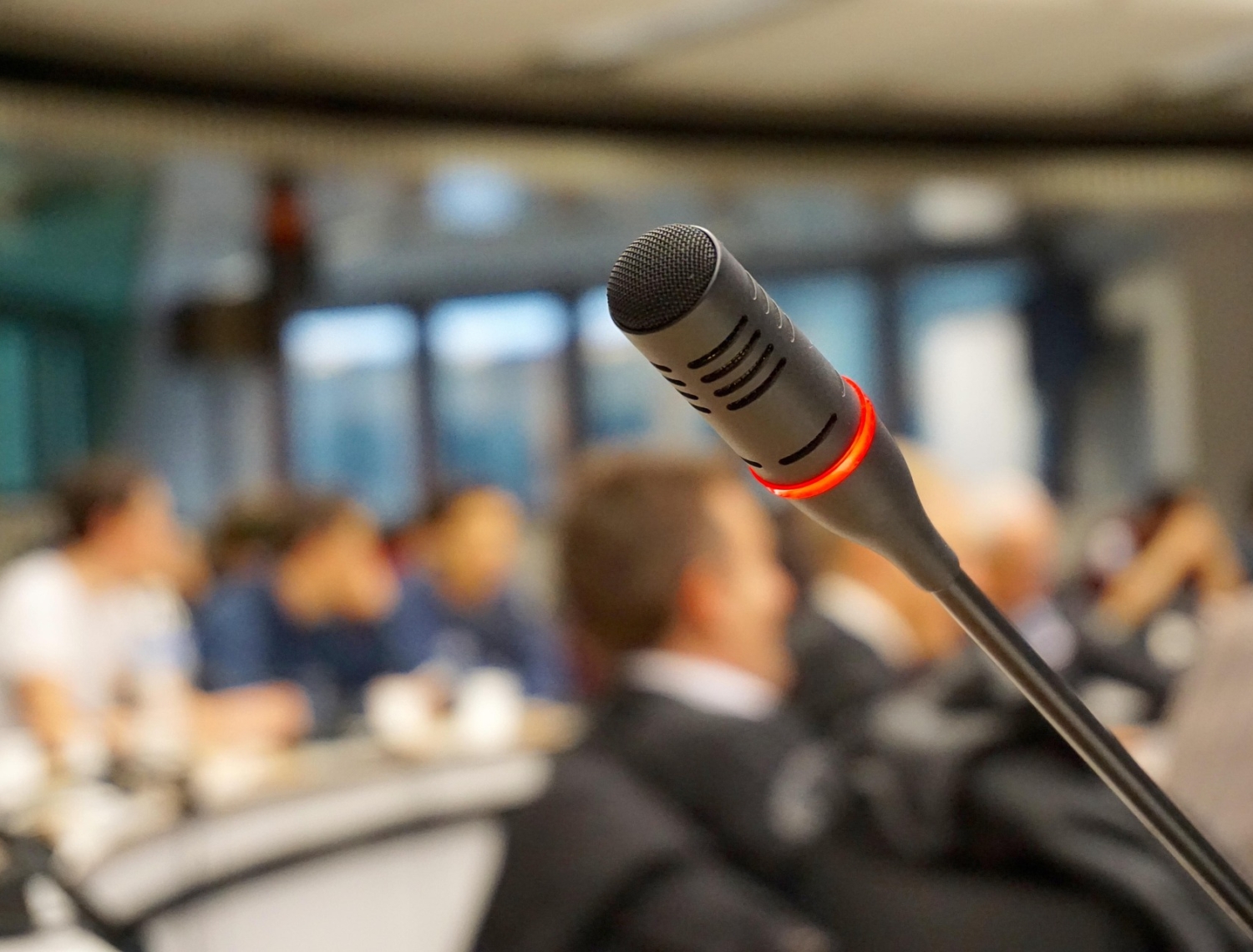Conor McKenna, director at LUMA Partners, joins Bryan Barletta to discusshow adtech in podcasting applies to adtech in other adtech-led companies. Listen to learn more!
It’s been two months since the acquisition of Podsights and Chartable by Spotify, and I could not be more excited by the fire that deal has lit under the podcast adtech industry’s collective butts.
From companies actively offering similar services working fast and hard to improve their offering to new companies expanding into the space left by turning the top two attribution and analytics partners into first-party solutions, the energy is real and the results absolutely can benefit the entire industry.
That is, if we can learn from the past few years about what did and didn’t work.
Education
Our largest failure as an industry has been the lack of priority on industry education. Everything is moving so fast and there’s always a new deal or opportunity to chase. We’ve been incredibly lucky to fail forward more often than we’ve fallen behind. But that luck is running out, and I’m advocating for the sand to flow even faster.
Publishers and advertisers looking to adopt new technology for their podcast business should only do so with a partner that can fully educate them on their product.
I truly mean that. If the partner can’t articulate how their methodology works through training and leave-behind materials, then how can your company ever fully integrate their solution into your process? How tenable is it to call the CEO or CTO of your new partner every time there’s a problem with getting things set up or when reporting doesn’t quite make sense? And arguably it’s worse if it’s not the C-suite helping you out, as they clearly can teach their internal teams, so why can’t they teach yours?
A product that requires a rep from the company to be available for every single execution of that product by their client is not a product, it’s a service. And there’s less and less room in podcasting for service-first, technology-second platforms.
But, for the companies that do step up, that educate and provide material for their clients to educate those they work with, publishers and advertisers need to be open-minded and make room for new products.
Publishers, advertisers, and even hosting platforms are going to see an increase in the number of new products they’re being asked to consider. And while I’m not advocating that every product is worthy of your attention, I am desperately asking you to avoid blanket dismissal of new companies. Unless, of course, they fail to provide education.
Certification
The hosting platforms sit squarely at the center of true certification. Nearly every new adtech solution will hinge in some way or another on the hosting platform executing their URL, sending raw data, or even just comparing reporting. So it’s incredibly important that all hosting platforms evaluate how they certify new partners.
Since most certification requires impressions to be run, providing adtech partners with the option to either run a campaign directly with the host or encourage them to find a publisher to run the campaign for them is absolutely acceptable. But the process still needs to be clear and the certification to be platform-wide. Hosting platforms that prioritize certification benefit from those new adtech partners encouraging their advertisers and publishers to buy inventory hosted on those platforms.
Publishers who find themselves on those hosting platforms not open to certifying new adtech partners should both reconsider their choice in hosting and also plan for how they could certify the partner themselves. Because after all, the focus is around matching numbers and understanding methodology, which anyone empowered to run a campaign can do.
Certifications empowers negotiations. Will publishers dispute their download count with their host when their third-party service shows a lower number? Will advertisers ask to pay on the number of ad impression fires the third-party shows, instead of the publishers’ self-reported numbers? Both of those are common in other advertising channels, but in podcasting, we’re just starting to feel these out.
That’s why it’s critical to fully define the certification process.
Ownership
Publishers and advertisers do not want to build your client list.
For instance, if LEGO wanted to run an attribution-focused campaign with their ad agency, across 20 publishers, whichever technology partner the agency recommends now directly gains 21 new customers (one advertiser and 20 publishers). That was an incredibly hard lesson we all learned from Podsights and Chartable being acquired.
Ultimately these adtech products truly need to be tools that every side of the industry feels comfortable using. And if the only option is that all of the agency’s clients and the publishers they pay become clients of the new adtech partner as well, then maybe this is a wound in podcast advertising that stays open and raw for a bit longer than we would all like. There can always be an upsell later.
Adtech partners need to fully define what they do and what they’re planning to expand into. Growth is exciting, but abandoning one product line for another or changing a methodology likely will lose clients unless it’s incredibly well communicated with a substantial amount of lead time. Because even if it’s well explained, it still might not be what the clients ultimately want.
And that’s what matters, right? What the clients want.
Wrapping It Up
I’m excited for more competition in podcast adtech.
I think we’ve gotten incredibly lazy, and the destabilization we’ve felt from Spotify’s acquisition truly reinforces that for me. We’re not the only ones watching our space anymore, and the hole in our adtech is visible outside of our industry.
Publishers and advertisers carry equal weight on what will sink or swim as industry standards in podcasting. Publishers (and their hosts) that certify partners that they’ve been educated on can sway advertisers towards the products their teams are the most skilled with. Advertisers (and agencies) who pick specific products give massive credibility to those partners and expand their reach substantially.
Everyone has a role to play in this next stage of growth. But they also have expectations to fill for us to get there, and just as importantly, expectations to hold their counterparts firmly to.
New Sponsors
Sounds Profitable exists thanks to the continued support of our amazing sponsors. Each sponsor receives one hour of consulting per month as a way to say thanks.
- Kast Media is the leading independent podcast network, one of the first leaders in the multi-channel simulcast strategy for show creation and distribution and award-winning shows in narrative storytelling, leading to 13 million unique viewers/listeners per month.
- 3Play Media is a premium provider of media accessibility services, including podcast transcription, closed captioning, live captioning, audio description, and subtitling, with over 10,000 customers across industries.
Want to learn more about sponsorship? Hit reply!
Rel’s Recs
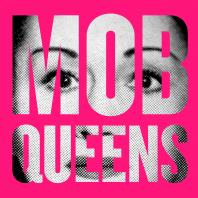
Arielle Nissenblatt of EarBuds Podcast Collective this week has chosen Mob Queens from Jessica Bendinger & Michael Seligman, hosted by ART19.
I’ve got a throwback recommendation this week. A friend of mine recently told me that they discovered such a great new show. I asked what it was and they said Mob Queens, which ran in 2019 (AKA the before times). I blew threw this show in one afternoon back then, and then this week, I visited the Stitcher offices in NYC (thank you to Colin Anderson for the invite), and saw the eye-catching podcast artwork for it on the wall there. So I decided it was time for a re-listen, and WOW. This show is enthralling. If you love true crime, history, and lesser-known mob-related tales, you need this show.
Market Insights with Magellan AI
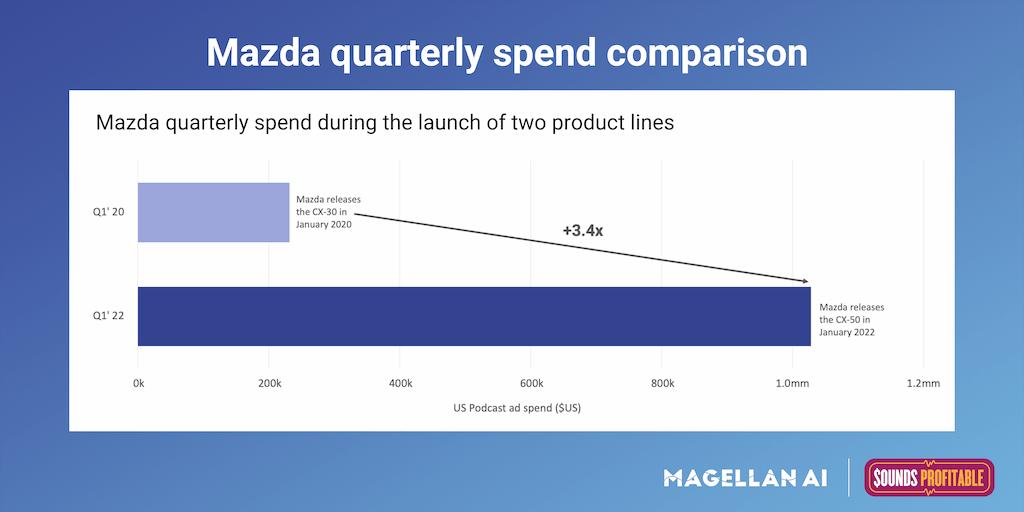
Last week Magellan AI released its March Market Update Webinar. As part of that webinar we analyzed the difference in quarterly spend for Mazda, during the launch of two separate product lines.
We found that in Q1′ 22, promoting the Mazda CX-50, Mazda spent +3.4x it did in Q1′ 22 promoting the Mazda CX-30. Though Mazda significantly increased its spend in Q1′ 22, it was noteworthy that they were consistent in running primarily 60s host-read mid-roll ads on genres like Society & Culture, Comedy, and News.
Interested in more insights like this? Sign up to join the April 15-minute monthly update on May 18th.
Anatomy of an Ad with ThoughtLeaders

What makes a good podcast ad? You know it when you hear it, sure. But is there more to it? We’ve teamed up with ThoughtLeaders to break down what works, what doesn’t, and what it takes to make great ads.
This week’s Anatomy of an Ad breaks down a host-read for Away presented by Katy Belotte, host of the podcast Thick & Thin.
Find out what worked well and what could be improved upon as you work to make your own ad reads better.

